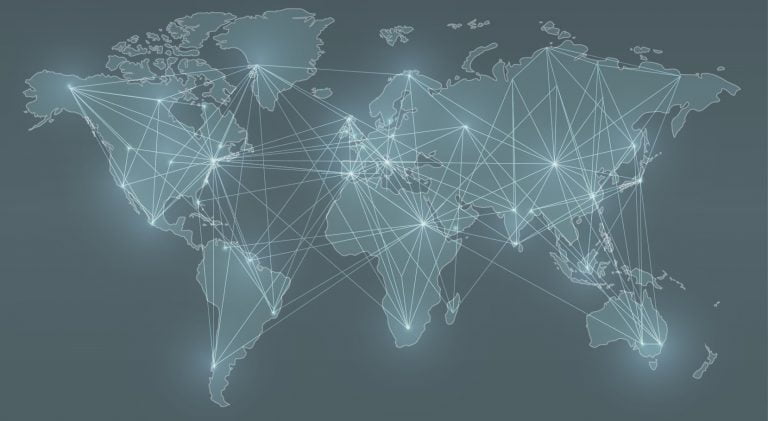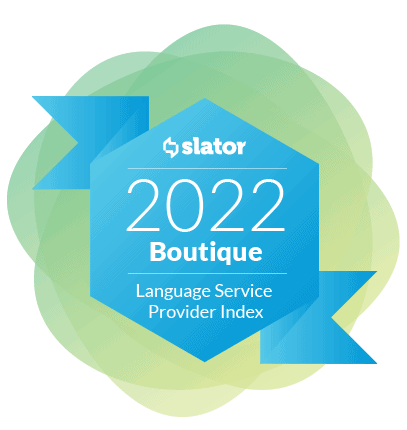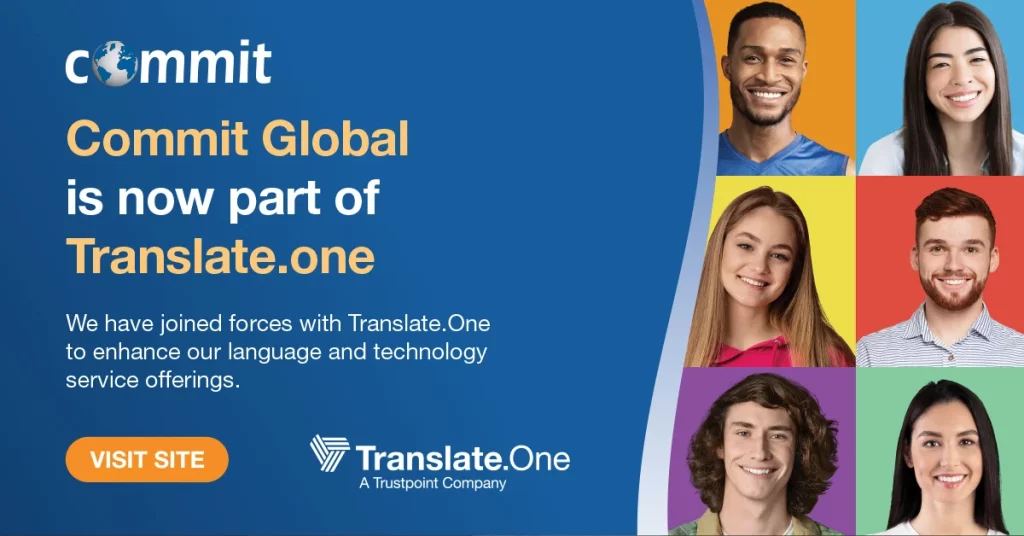|
Listen to Post
|
Listen to this article now:
Are you considering taking your first steps in the global market, in an attempt to reach international audiences with your products or services? Then you need to speak the language of your customers, literally!
With the use of social media and the Internet, the world has become a much smaller place. Our society is globally connected and many people around the world can now access your products or services. But with the English language dominating the Web, are you sure you are not missing the opportunity to engage more people by translating your content into their own language? English might be the most common online language, however, most web users are located outside English-speaking countries.
Nelson Mandela once said that “If you talk to a man in a language he understands, that goes to his head. If you talk to him in his language, that goes to his heart” and that is so true. According to a survey conducted by Common Sense Advisory, named “Can’t Read, Won’t Buy: Why Language Matters on Global Websites”, 72.4% of consumers say they would be more likely to buy a product with information in their own language and 56.2% of consumers say that the ability to obtain information in their own language is more important than price. Imagine that! Data shows that localizing content for specific markets multiplies the desired selling effect substantially and people are even willing to pay more if they receive information in their own language.
So I think we got this straight. If you want to break into new markets, you need to have your content localized. Localization is obviously not the only thing you need to do to reach global audiences, but it can be a good start.
But here lies another danger! When you are dealing with business terminology, you’ll easily find out that “Google Translate” most probably won’t cover your needs. In fact, it can end up embarrassing your business and having the exact adverse effects from the ones you were hoping for. Also, specialized technical or legal terms can be baffling in your own language, let alone in a language you are not familiar with.
So how can you protect your corporate image from poorly interpreted language?
The answer is this: you should trust the services of a professional translation agency. A language services provider will use native, certified translators whose expertise matches your type of content, experienced project managers that handle large, complex and short-deadline projects and industry-leading translation/localization tools for building and maintaining translation memories, glossaries and termbases that ensure consistency, reduce human error and preserve language assets for future use. This way you can rest assured that your content is properly localized and concentrate on what you do best: your core business!









